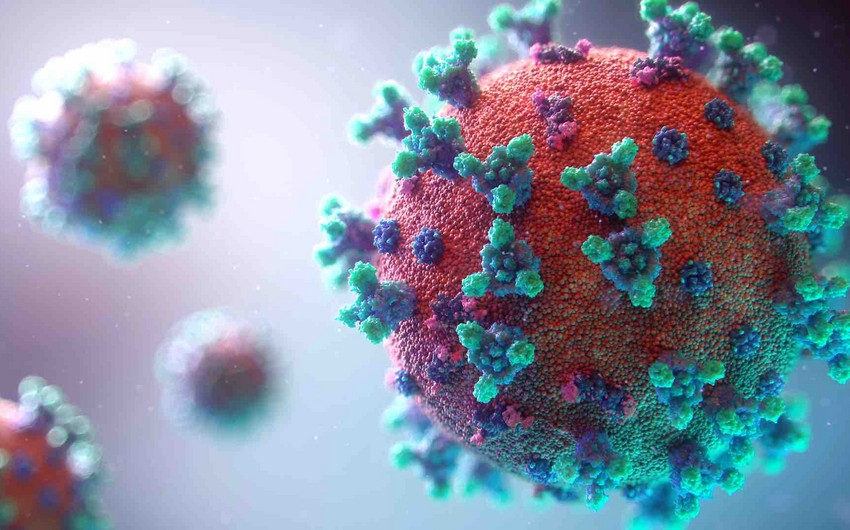Antibodies in people who have contracted the COVID-19 coronavirus become weaker in protecting against new mutated strains 6-12 months after formation.
Report informs with reference to the Kyodo agency that a group of Japanese scientists from Yokohama University made this conclusion.
The study involved 250 people aged 21 to 78 years. They all contracted the coronavirus from February to April last year. At the same time, 97% of those who had mild symptoms had a sufficient amount of antibodies six months after the start and 96% a year later. In those who had the virus in severe form, this figure reached 100%.
However, as the study showed, this protection is no longer effective against new mutated strains. So, the scientists noted that 69% of asymptomatic or mild patients, within six months after infection, will not have antibodies to the South African strain, while 75% will see a decline in immunity to the Indian strain. The situation is even worse with the Brazilian and British variants of the virus, with only 19 and 15% of people, respectively, remain resistant to them.
In those who have had a severe or moderate illness, antibodies to the strains remain at about the same level as the original virus. So, Japanese scientists believe that the study indicates the need for vaccination in the face of the spread of new strains. Especially, in their opinion, it is worth paying attention to young people, who, for the most part, do not have symptoms in case of infection.


 https://static.report.az/photo/939b89ac-844e-398c-b34a-0217dc0da47b.jpg
https://static.report.az/photo/939b89ac-844e-398c-b34a-0217dc0da47b.jpg

